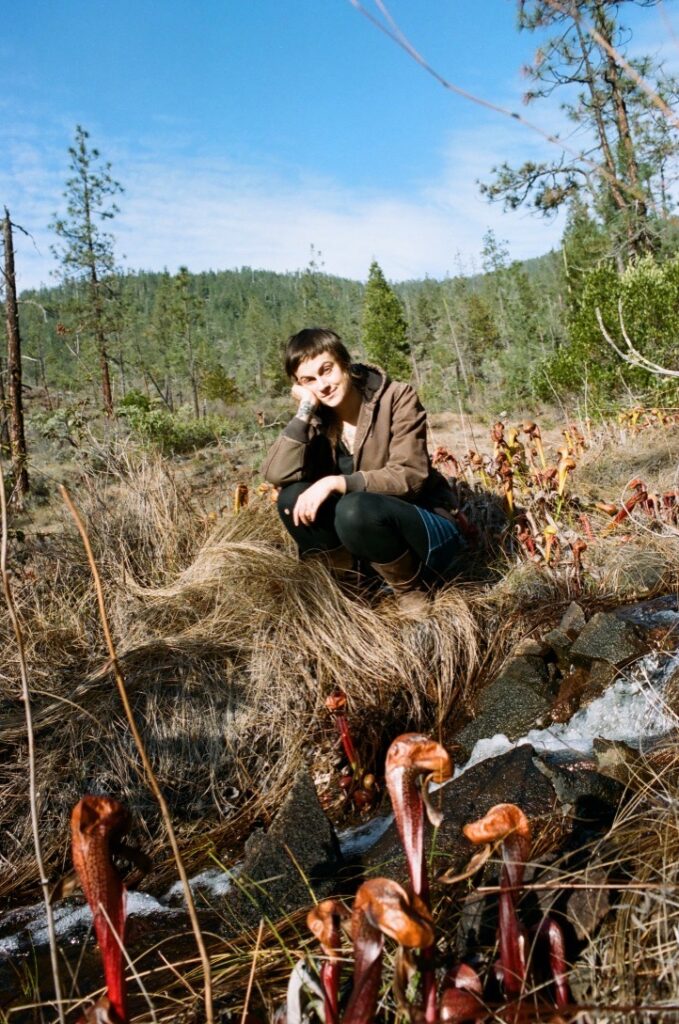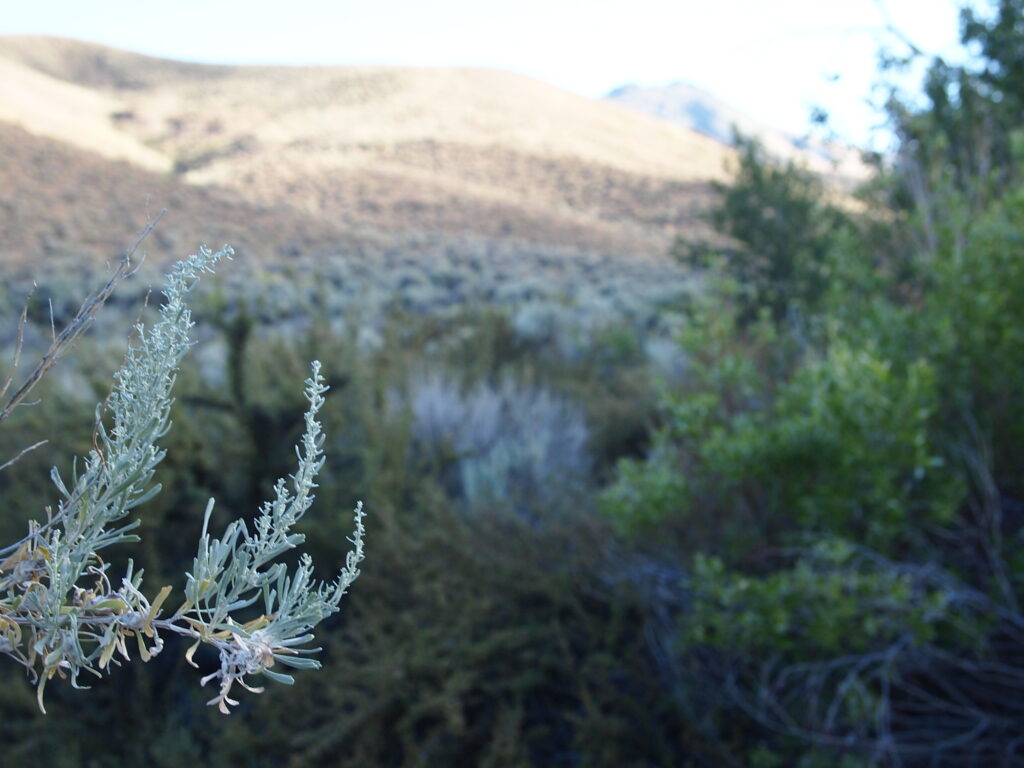About
Ecology and conservation
My practice is guided by an animist and ecopsychological herbalism framework that extends its duties beyond services for human clients and includes caring for plant communities and the local ecology on which we all depend. Monitoring wildlands, native plant propagation, cultivation, salvage, restoration and the more subtle aspects of working towards a deeper and more beneficial relationship with the land and wildlife are as much a part of of being an herbalist as making tinctures or teas.
Harm-reduction & Client Centered Care
Care is offered with deep respect for body-autonomy and the lived experience of each client navigating their unique circumstances, history, and desires. The aim is always to honor self-knowledge and cultivate holistic health plans that are collaborative, not prescriptive. Providing holistic care requires an awareness of the continuous pressures, harms, traumas, and struggles endured by those seeking support.
Community herbalist, medicine maker, botanist, and gardener
I was born and raised in the Great Basin, in a valley below the Sierra Nevada mountains in the ancestral lands of the Wá∙šiw (Washoe) people. My first potions were made from the aromatic silver leaves of sagebrush and turquoise berries of juniper. I now reside on the lands of the Squaxin Island Tribe, in the south Puget Sound region living amongst the red cedars, alders, and big leaf maples.
I have been in clinical practice for 10 years and a dedicated student of herbal medicine for the last 16 years. I have completed several programs in bioregional and western clinical herbalism as well as harm reduction counseling, peer-trained acute primary care, and wilderness first aid training (School, clinics, trainings and mutual aid projects listed below.)
I have a passionate interest in the intersection of conservation, agriculture, and community health, and I believe that actively caring for the land, expanding wild plant populations, and developing an intimate understanding of local ecology are all critical aspects of having a plant medicine practice.
My professional background conducting ecological surveys in the arid west and working on organic farms have significantly shaped my practice as an herbalist. I grow as much as I can and seek out hyperlocal cultivated sources of plants wherever possible. Contributing to the community herb shed and expanding access to herbs outside a competitive consumerist framework is deeply important to me. Understanding that wild populations of native plants are under a lot pressure from habitat loss, climate chaos, and extraction has driven me to pursue further studies in natural resources and sustainable horticulture.
I embrace a holistic health perspective that honors the subtle forces extant in the living world and also accepts the validity of hard science. To me these are not mutual exclusive. I reject the myth of the separation of the mind, body, and spirit.
In my consultations I work to collaboratively develop plans that consider a clients constitution (patterns expressed through the body systems), context, goals, and barriers. There is no one size fits all. I will always be transparent about my scope of practice. I am not a nurse or doctor and I can neither diagnose nor prescribe, rather, I make recommendations based on my training in the traditional uses of herbs. I am deeply grateful for the healthcare practitioners of all kinds in my community and my desire is always to work in a complimentary fashion according to the needs and goals of my clients. We need all of us.
Generative health concerns, hormonal dysregulation, IBS & GI issues, chronic pain, anxiety, depression, allergies , skin, and respiratory complaints are some of concerns I have regularly worked with clients to address.


Full trainings and Programs (1000+ hours)
- Elderberry School of Botanical Medicine Full Apprenticeship Program and Intermediate Studies in Formulation 2009 and 2010
- Columbines School of Botanicals Studies 1st and 2nd Year Lecture Series and 1st Year Field Program 2012
- Berkeley Free Clinic Medical Section Training in Acute Primary Care and Harm-Reduction Counseling 2015
- Wildflower School of Botanical Medicine Advanced Clinical Program 2018
- Wildcurrent School of Herbal Medicine Advanced Clinical Skills and Roundtable Membership 2024-2025
Other Training and Studies
- Siskiyou Mountain Herbs Apprenticeship 2010
- Wild Seed School of Herbal Studies Intensives: Clinical Differentials and Southwest Plant Studies 2017 and 2018
- Wilderness First Aid Training (WFA certification) 2023
- Undergraduate Studies at Oregon State University Sustainable Horticulture and Natural Resources
Mutual Aid Projects
- Curbside Clinic Herbal Wound Care
- Klamath Siskiyou Herbal Alliance
- Berkeley Free Clinic Medical Section Volunteer